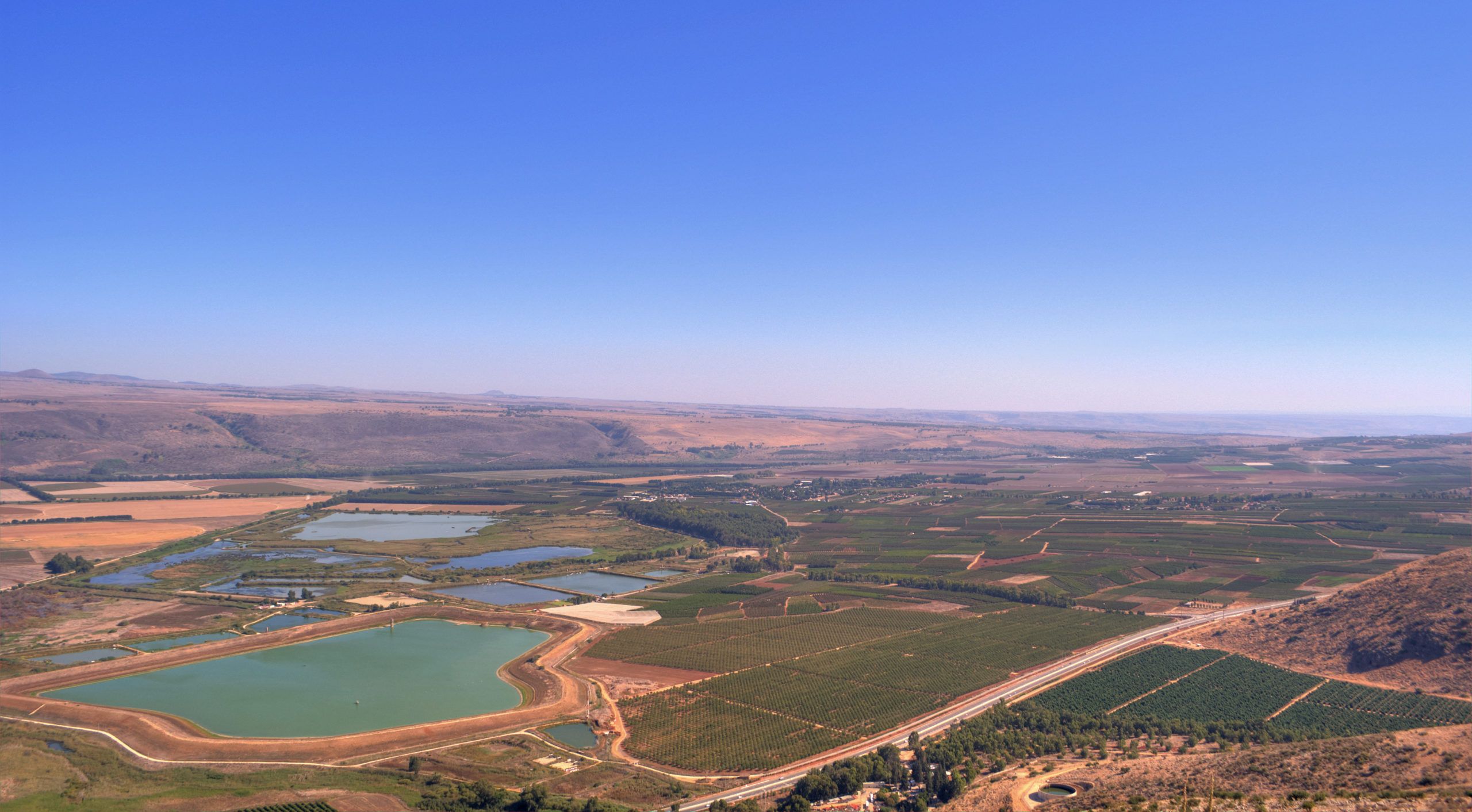A few months ago, we wrote an article entitled “AgTech Heats Up in Israel” and we weren’t wrong. The country is a buzz with innovation in the sector, so much so that a group of venture capitalists, previously active in other digital technologies, are now turning their attention to agriculture technology with a new a $40 million to $50 million fund.
Tammy Mahn, who is leading the launch of Harvester Ventures, said that she formed the group after noticing increasing deal flow and innovation in the sector during her career. Mahn has worked at Israel’s first VC firm Evergreen Venture Partners, and arguably its biggest, Pintango Venture Capital, after VC took her away from management consulting at McKinsey in 2003. Most recently she has held a strategic advisory role at Moonscape Ventures, a media and Internet-of-Things-focused corporate investment firm.
“After I saw more and more agtech deal flow and movements in the industry I thought that there’s got to be something here,” she told AgFunderNews. “There are a lot of shifts happening to make data more available to farmers and Israel appears to be leading a lot of innovation in technology generally. So this combination made agtech an interesting route for us to take.”
The fund, which is set to start fundraising in September, will target agriculture solutions centred around enterprise software, Internet of Things and big data, to play to the strengths of its founders. The fund will focus on Israeli companies with developed market applications in the first instance.
“Where we are working is in what I call the digital agri space,” she said. “Israel has had the genetic revolution and much success in seeds and dairy for which it is best known. But we are now seeing more movement in the digital space, and food tech is also getting a lot of momentum.”
Mahn is also excited about launching the fund is Israel, a booming venture capital and technology industry since the 1990s, but also a country steeped in agricultural research history. Research into agriculture dates back to the 1920s when the Volcani Center, then called the Agricultural Research Station of the Jewish Agency for Palestine, was established by Yitzhak Elazari Volcani, an agronomist who is considered by many to be the founder of modern agriculture in Israel.
The Volcani Center has been producing a range of agriculture technology start-ups for many years and some of the technologies around today were already invented 15-20 years ago — such as optical sensors using cameras — but were too expensive to be commercial among farmers, according to Mahn.
Israel has also climbed the Global Competitiveness Index to rank third in its capacity for innovation, third for the world’s best research institutions, and ninth is the availability of venture capital index, according to the latest report which was published in September. There are also a range of government funding initiatives that began in the 1990s when the government established the office of the Chief Scientist at the Ministry of the Economy. These include:
The R&D Fund – to help companies develop theoretic knowledge into functional products
Magnet Tracks – supporting generic R&D
The Tnufa Program – providing support to technological entrepreneurs in the early stages
The Incubator Program – encouraging innovation
International Programs – to help Israeli companies form strategic links with those overseas to help develop competitive capabilities.
There are of course some areas for improvement, according to the Global Competitiveness report. “For the country’s innovation-driven competitiveness strategy to be successful and viable going into the future, Israel will have to address some basic competitiveness challenges,” reads the report. “Israel’s institutions are in need of continued upgrading (43rd) and a stronger focus on raising the bar in education is needed. If not addressed, poor educational outcomes—particularly in math and science (79th) and in primary schools (86th)—could undermine the country’s innovative capacity over the longer term.”
Mahn is already building a pipeline of deals, which she expects to source from a variety of government-run programs, the Volcani Institute, local universities and the growing range of technology conferences and forums in Israel and beyond.
“Harvester is excited to push forward the agtech pipeline that’s been a natural part of Israel for decades,” said Mahn. “With financial backing, we believe Israel will remain and strengthen as a leader in this field.”
Have news, tips or want to write a guest post? Email [email protected]





